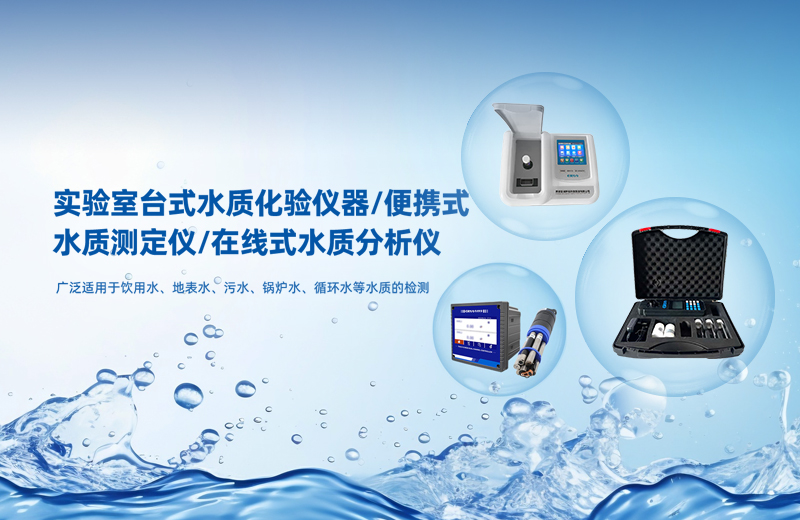Water quality monitoring of gas boilers in food factories is an important part of ensuring safe and efficient boiler operation.By monitoring key indicators such as water hardness, water alkalinity, dissolved oxygen, pH, conductivity and iron, copper and chloride ions,Water quality problems can be detected and dealt with in a timely manner to ensure the normal operation of the boiler.This article will detail the key indicators of water quality monitoring for gas boilers in food factories and recommend some excellent domestic water quality tester companies.

Water hardness:
Definition: Water hardness is an important indicator of the amount of calcium and magnesium ions in water.
Impact: High hardness water can cause scaling inside the boiler, affecting heat transfer efficiency and increasing energy consumption.
Standard limit: usually below 100 mg/L.
Detection method: Usually by titration or potentiometric titration.
Water alkalinity:
DEFINITION: Water alkalinity is the total amount of alkaline material in water.
Impact: Excessive alkalinity can lead to increased boiler corrosion and shorten boiler life.
Standard limit: generally below 200mg/L.
Detection method: Acid-base titration or potentiometric titration.
Dissolved oxygen:
DEFINITION: Dissolved oxygen is one of the harmful substances in boiler water.
Impact: Dissolved oxygen accelerates the corrosion of boiler metals and affects the safe operation of the boiler.
Standard limit: usually below 0.02 mg/L.
Detection method: chemical or electrochemical.
pH:
Definition: pH is a measure of the acidity or alkalinity of a body of water.
Impact: High or low pH can affect the corrosion and scaling conditions of the boiler.
Detection method: Composite electrode method.
Conductivity:
Definition: Conductivity reflects the ability of ions in water to conduct electricity and is closely related to salt content.
Impact: High conductivity indicates high impurities in the water, which may affect the heat transfer efficiency and safe operation of the boiler.
Detection method: Potassium chloride electrode method.
Iron and copper ions:
Impact: Excessive levels of iron and copper ions can lead to corrosion problems and affect boiler water quality.
Detection method: 1,10-phenanthroline spectrophotometry or sodium diethyldithiocarbamate spectrophotometry.
Chloride ions:
Impact: Chlorine ions are corrosive to stainless steel and other materials, affecting boiler material safety.
Detection method: solid conductivity ratio method.
Erun Environmental Protection Group
Background: Erun Environmental Group focuses on domestic independent brands and has strong R&D and production capacity.
Product range: covers a wide range of water quality testing instruments.
Advantage: Possessing leading core technology, strong R&D capability and leading product technology. Provide excellent products, high quality technical support and after-sales service.
If you need a water quality monitoring analyzer or testing program can be directly contact customer service, WinRun customer service team is ready to serve you.
Gas boilers play a vital role in the production process of food factories. In order to ensure the safe and efficient operation of the boiler, water quality monitoring is particularly important.At the same time, choosing an excellent domestic water quality tester company can ensure the accuracy and reliability of water quality monitoring and provide a strong guarantee for the production of food factories.